China reaps rewards of farm plunge
- West Australian
- 23 November 2013
The writing is on the wall for anyone who doubts China's plans to invest billions of dollars for a big stake in WA agriculture.

The writing is on the wall for anyone who doubts China's plans to invest billions of dollars for a big stake in WA agriculture.

BEK-Pengxin Agritech aims to have more than one million hectares of land producing food and high-end by-products from agricultural estates in each of South Africa’s provinces.
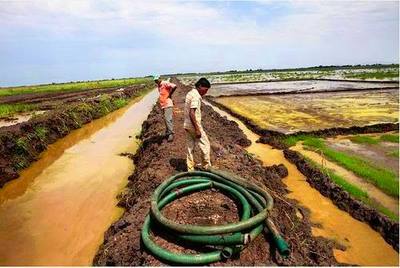
The Pakistani company MCG Consulting, which had been working with Saudi Star Agricultural Development Plc on a rice farm in the Gambella Regional State, has pulled out of the project.

Leaders of Sarawak indigenous groups gathered at a public forum in Kuching to launch an online signature campaign against land grabbing by private and government corporations in their communties.
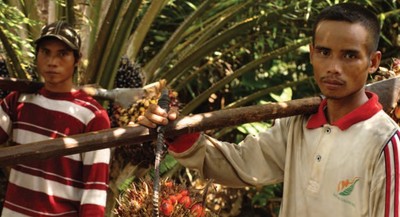
Illegal and harmful production of palmoil in Indonesia is continuing, reveals a new report released today by Friends of the Earth.

In Romania traditional livelihoods and rare animal species are about to give way to a bizarre, private project to introduce American buffalo. It's part of a rural exodus, and EU law will make future land grabs even easier.

Papua New Guinea is the latest known victim in a modern era of land grabs orchestrated by foreign corporations according to an investigative report and a film.
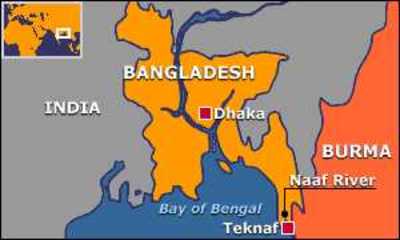
Myanmar officials have proposed to Bangladesh to invest in agriculture in their country as it has a lot of arable lands for this purpose. The Myanmar government also said they were ready to give long-term lease of land to Bangladeshi entrepreneurs for agricultural purposes from which both the countries would benefit.
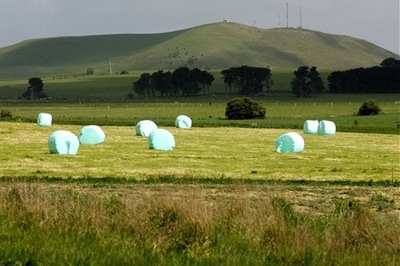
Global fund managers and some of the world's largest pension funds have bought more than $1.5 billion of agricultural land in Australia over the past three years.
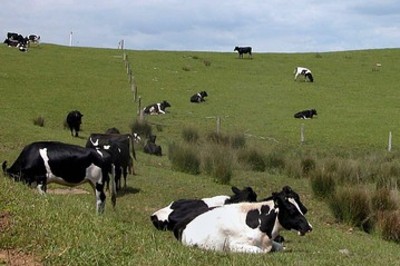
Duxton Asset Management is buying a stake in seven sheep and cattle farms even as it voiced concern over the country’s system of regulating foreign investment.
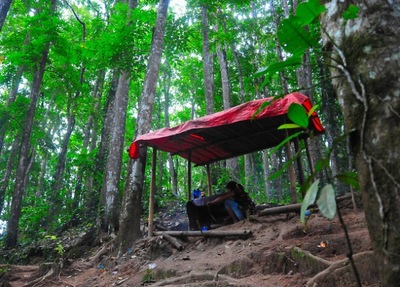
Communities are finding that ancestral lands are slipping into the hands of foreign companies for oil palm cultivation, as demand for the product grows in Europe, India and China.
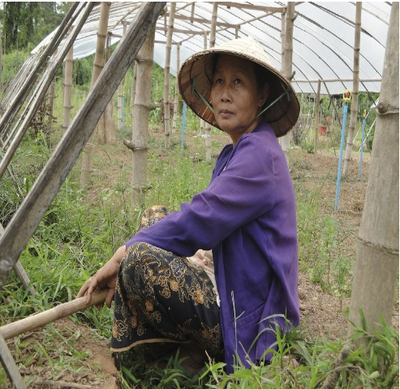
Three FAO reports published in 2013 looking at Lao PDR, Zambia and Ghana